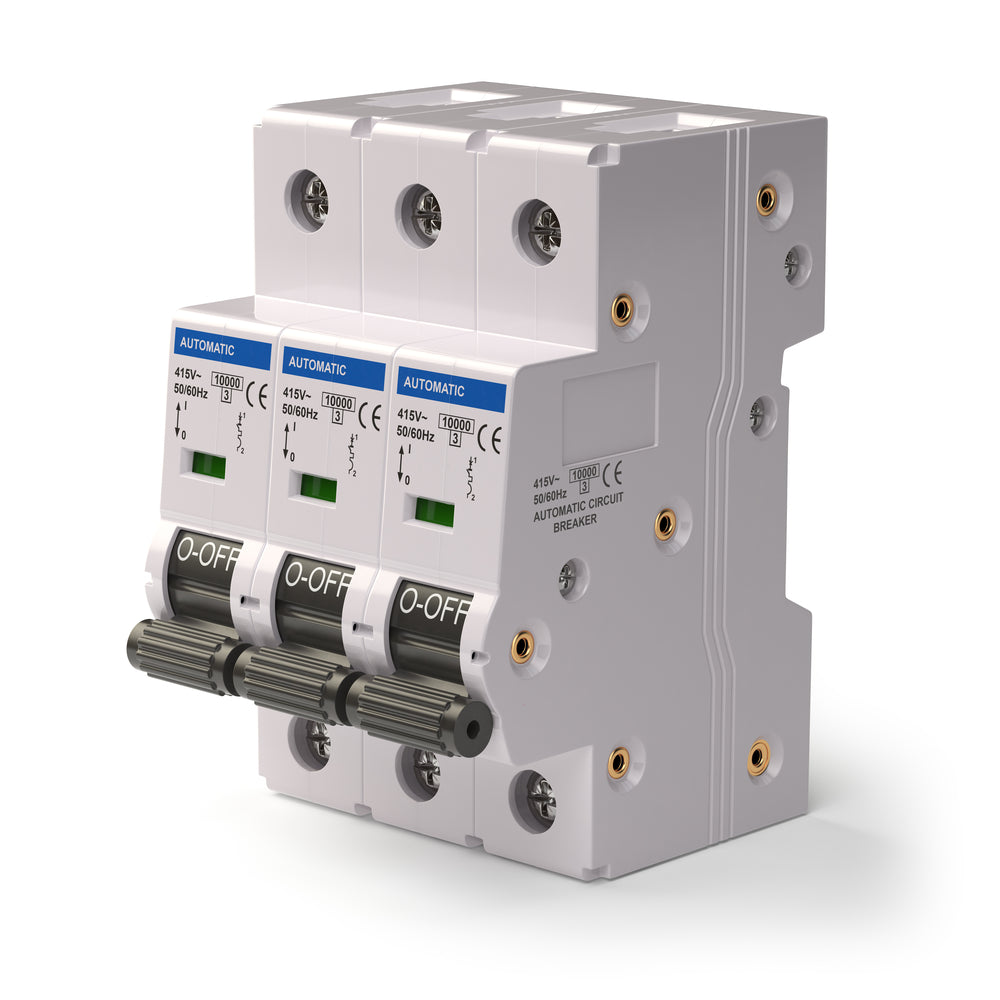@highstream If that were the case, then your house would be at risk since we we switched from fuses to breakers to protect your home decades ago.
I have 40 years experience in the utility business as an engineer and a manager. At this moment, I have an electrical engineer designing a new 12kv electrical supply for a medium sized facility and we are working through the protection scheme. Fuses are still used in a few places where minimal protection is required but circuit breakers are required instead of fuses in most applications because they do a BETTER job of protecting the equipment and the upstream circuit.
Recognize that the fuse is there in your component as a good faith attempt to prevent or limit damage to the component should a short or transient occur. the house and the wall circuit are protected by your circuit breaker. Fuses are sized to protect the downstream load.
There are 2 main types of circuit breakers: magnetic and thermal. Thermal breakers are not much better than fuses if at all. they still rely on a bimetal strip to heat up which means they have to have a significant resistance (to create the heat) and limit current flow during dynamic sections. This degrades sonic performance.
Magnetically tripped circuit breakers do not limit current and for large and important circuits they can carry tremendous amounts of current and trip very fast. Note that in your amp a slo-blo fuse is often used that isn't a fast interrupt. Magnetically tripped breakers can be extremely complex and powerful. I have seen breakers that cost $50k to have a contractor program them.
Certainly I do believe a circuit breaker will make quite a bit of difference in the sound--an improvement. A circuit breaker has high current contacts with very low resistance so they avoid all the negatives of fuses. It will not degrade sonic performance.
given the market for audiophile fuses that still have to blow so they offer a limited improvement over the standard fuses, I can't fathom why this hasn't been developed and offered. My job is getting easier and I may start developing one. As I said, the SDFB is making good progress.
Note that fuses NEVER improve sonic performance. An audiophile fuse can cause less degradation in sonic performance.
I do testing with high purity copper slugs to evaluate the effect the fuse is having on each component. If the slug doesn't improve the sound, then the fuse is doing no harm. this is generally true on a low current device (such as a streamer) with a good power supply. Amps seem to always benefit from eliminating the fuse.
If anyone wants a slug for testing, let me know, i made a lot of them.
As for pricey--the $400 to $1200 audiophile fuses seem to be flying off the shelf. Anybody that spends $100k on a system should not hesitate to spend a few hundred for a clear improvement. I can't see an audio specific circuit breaker costing more than $200 to $500 and probably less if mass produced. If bespoke breakers are made with solid silver contacts and the like, I'm sure they will get more expensive.
Jerry




